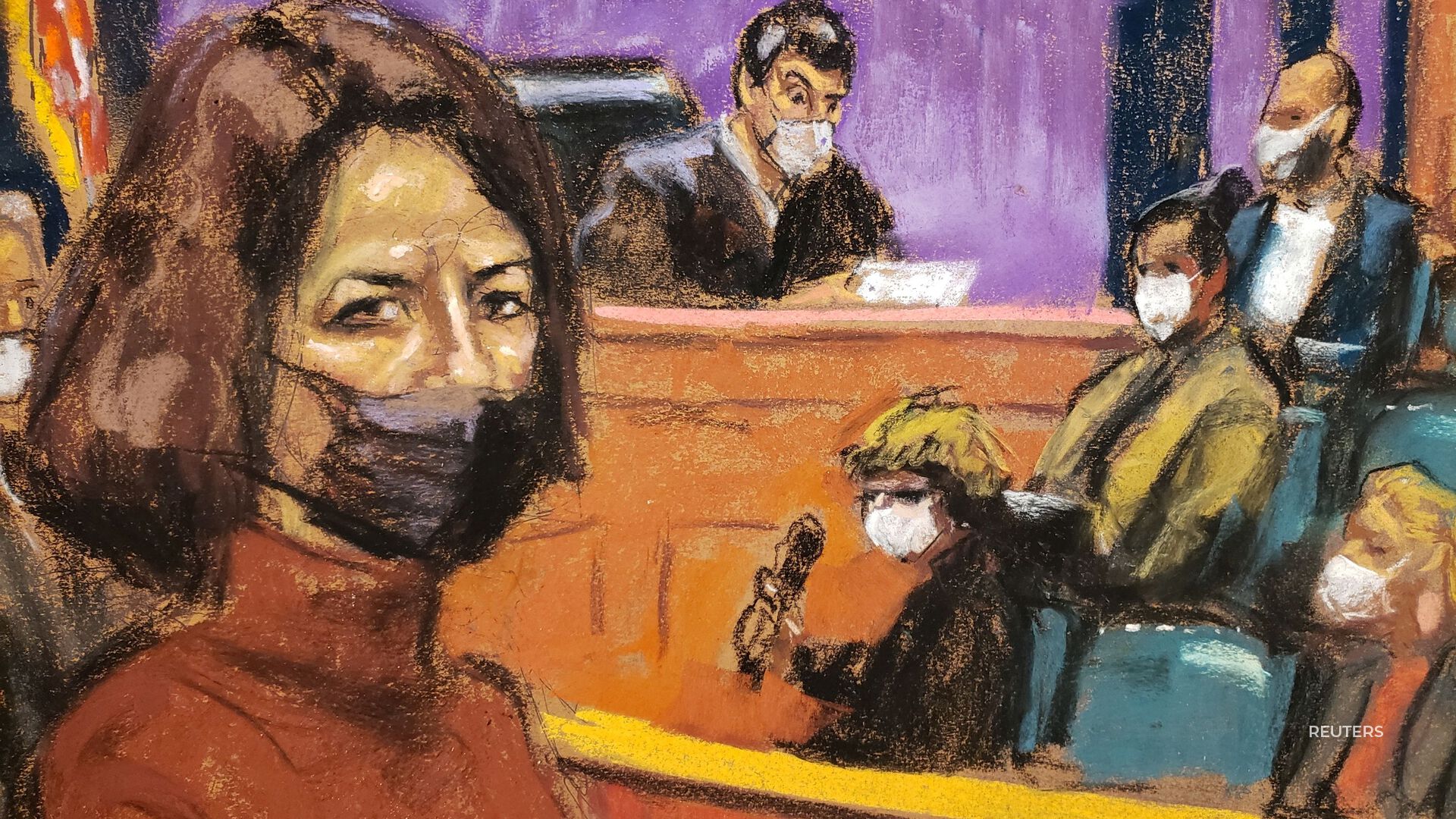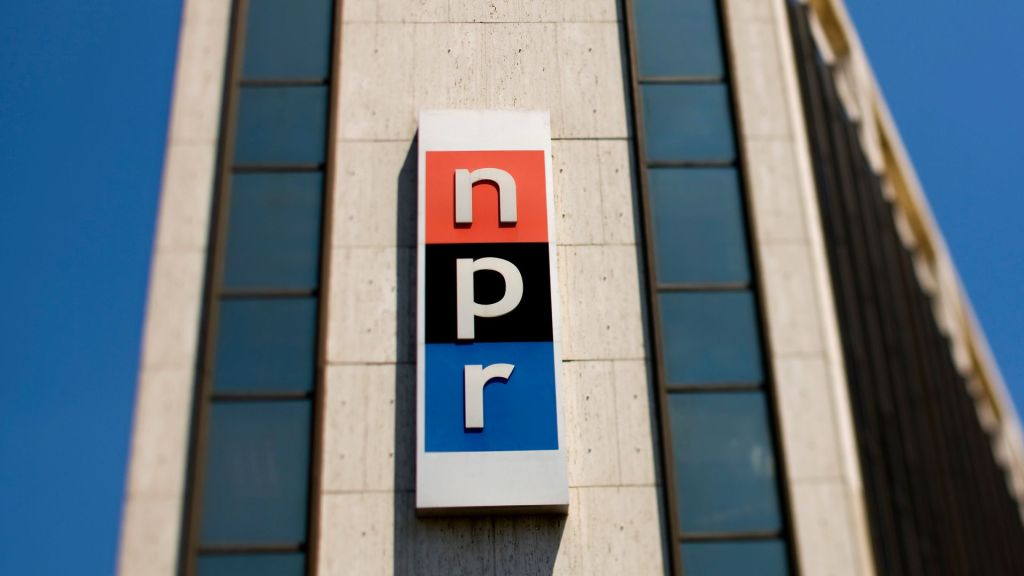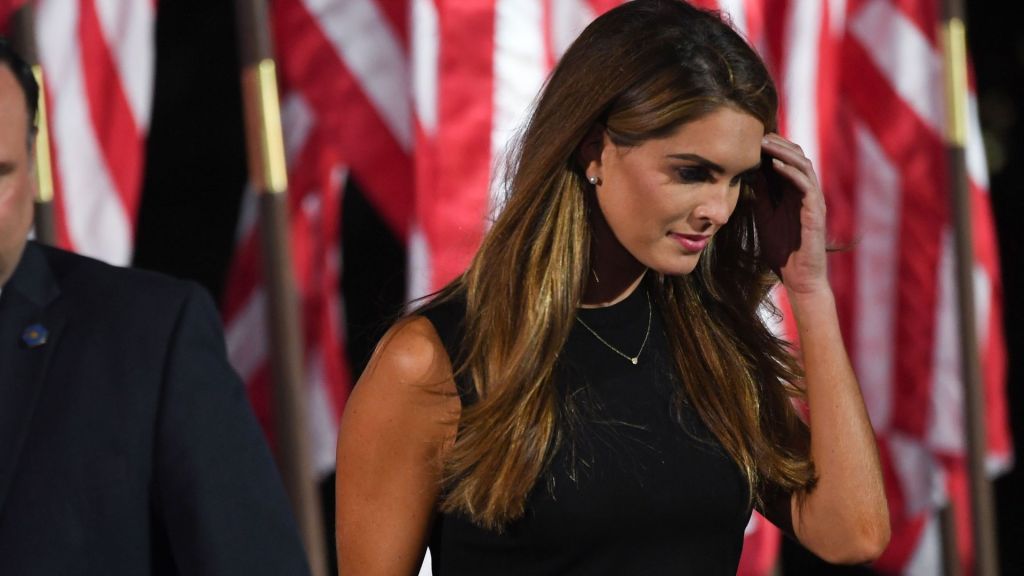Update (Jan. 20, 2022): Just under a month after she was found guilty on multiple counts in her sex trafficking trial, lawyers for Ghislaine Maxwell officially requested a new trial Wednesday. The request comes after the lawyers raised concerns about media interviews one of the jurors gave following the verdict, in which the juror said they used their experienced being sexually abused to convince some jurors that a victim’s imperfect memory of sex abuse doesn’t mean it didn’t happen.
In a letter to U.S. District Judge Alison J. Nathan, Maxwell lawyer Bobbi Sternheim said the motion for a new trial had been filed under seal. He requested all submissions related to “Juror No. 50 remain under seal until the Court rules.”
Wednesday was the deadline Nathan had set earlier this month. Prosecutors have until Feb. 2 to respond.
Update (Jan. 6, 2022): The judge in the sex trafficking trial of Ghislaine Maxwell announced Thursday that one of the jurors who found Maxwell guilty has retained a lawyer. That juror revealed in public interviews that he told jurors during deliberations that he was sexually abused as a child. The revelation led lawyers for Maxwell to tell U.S. District Judge Alison J. Nathan that they will request a new trial. Nathan asked them to do so by Jan. 19.
The lawyer that will be representing the juror, who has identified himself by his first and middle name, Scotty David, is New York attorney Todd Spodek. Past clients of Spodek include Genevieve Sabourin, who was convicted and sentenced to 210 days in prison for stalking and harassing actor Alec Baldwin in 2013. He also represents Eddie Robinson, a former National Basketball Association player who was charged in October with defrauding the league’s health and welfare benefit plan.
Update (Jan. 5, 2022): A week after Ghislaine Maxwell was found guilty in her sex trafficking trial, two lawyers for Maxwell wrote U.S. District Judge Alison J. Nathan a letter saying “Ms. Maxwell intends to request a new trial.” The letter came after it was revealed one of the jurors in the trial was a victim of sexual abuse.
“Any submission will include all known undisputed remarks of the Juror, including recorded statements, the relevant questionnaire, and other noncontroverted facts,” the letter said. “It is clear to Ms. Maxwell that based on this record alone a new trial is required.”
In interviews published Tuesday and Wednesday by The Independent and the Daily Mail, the juror described a moment during deliberations when he told fellow jurors about his experience being sexually abused as a child. He said he convinced other jurors a victim’s imperfect memory of sex abuse doesn’t mean it didn’t happen.
“I know what happened when I was sexually abused. I remember the color of the carpet, the walls. Some of it can be replayed like a video,” he said he told the jury, according to The Independent. “But I can’t remember all the details, there are some things that run together.”
Original Story (Dec. 29, 2021): After five full days of deliberations, the jury in the sex trafficking trial of Ghislaine Maxwell found her guilty on five of the six charges she was facing. The verdict essentially found that Maxwell lured teenage girls to be sexually abused by her associate, Jeffrey Epstein. The video above includes reaction to the verdict from both sides of the case.
As the verdict was read, Maxwell appeared to show little reaction behind a black mask. She stood with her hands folded as the jury filed out and glanced at her siblings as she was led from the courtroom, but was otherwise stoic.
Maxwell could be sentenced to up to 70 years in prison. In addition to the six charges she faced in this trial, Maxwell also faces two perjury counts that will be tried separately.
Before finding Maxwell guilty, the jury had sent a note to District Judge Alison Nathan asking if they had to work on New Year’s Eve and New Year’s Day if they couldn’t come to a verdict before then. Nathan sent them a note back saying that they had to, unless any of them faced a “substantial hardship” because of immovable commitments.
Earlier this week, Nathan ordered the jury to start working until 6:00 p.m. each day, as opposed to the 5:00 p.m. schedule they had been on. She cited an “astronomical spike” in the number of coronavirus cases in New York City, saying that changing the schedule could help avoid a potential mistrial.
Wednesday’s verdict was somewhat surprising because the jury inquiring about having to work New Year’s Eve and New Year’s Day implied they were still a ways away from deciding Maxwell’s fate. Maxwell appeared encouraged by the long deliberations earlier Wednesday, with her eyes lighting up Wednesday after the judge received a request by the jury for transcripts of testimony from some defense witnesses. Before Wednesday, the jury has asked for testimony from all four accusers,
an ex-boyfriend of one of the accusers, and
a former Epstein housekeeper.







